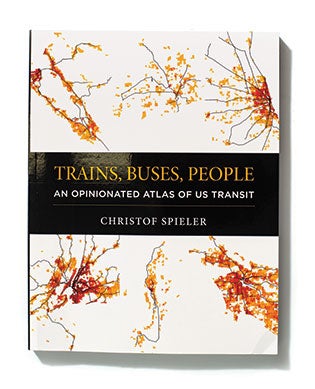Faculty Books
Spring 2019

The Flip: Epiphanies of Mind and the Future of Knowledge
Jeffrey J. Kripal
(Bellevue Literary press, 2019)
In 1858, Mark Twain had a vivid dream that his brother Henry was dead. A few weeks later, Henry died for real — in circumstances that so eerily resembled those of his dream, Twain became convinced that he was capable of what he called “mental telegraphy.” In “The Flip,” Jeffrey J. Kripal, the J. Newton Rayzor Chair in Philosophy and Religious Thought, examines the kinds of anomalous experiences scientists tend to dismiss as coincidence — what we often call paranormal events, such as visions of the future and out-of-body experiences. Although religious scholars can find meaning in such events, other academics have no framework to even consider them, Kripal says. But they should.

Energy Kingdoms: Oil and Political Survival in the Persian Gulf
Jim Krane
(Columbia University Press, 2019)
The Persian Gulf monarchies are some of the world’s greatest producers of oil — and some of its biggest consumers. At a time when the rest of the world is becoming increasingly energy-efficient, they maintain a culture in which office workers prop lobby doors open during cigarette breaks so they can enjoy al fresco air conditioning, reports Jim Krane, the Wallace S. Wilson Fellow for Energy Studies at Rice’s Baker Institute. Can the ruling sheikhs, who’ve paid for the loyalty of their subjects with cheap energy, curb unsustainable consumption without destabilizing their realms? In “Energy Kingdoms,” Krane investigates the political possibilities and considers what the future will hold for countries like Saudia Arabia, Kuwait and Qatar.

Trains, Buses, People: An Opinionated Atlas of US Transit
Christof Spieler
(Island Press, 2018)
In “Trains, Buses, People,” Christof Spieler, a senior lecturer in architecture and engineering, examines the good, the bad and the ugliest mistakes in mass transit design in 47 U.S. cities. He finds that when cities lose track of the goal of public transit — getting people from where they are to where they want to go — the whole system goes off the rails. Many metropolitan areas have trains to nowhere, with no one on them, while others have dense populations of people who can’t catch a train — or a bus — to anywhere, because there aren’t any. “The measure of success in transit is not miles of track or ribbon cuttings, it is whether transit makes people’s lives better,” he writes.
